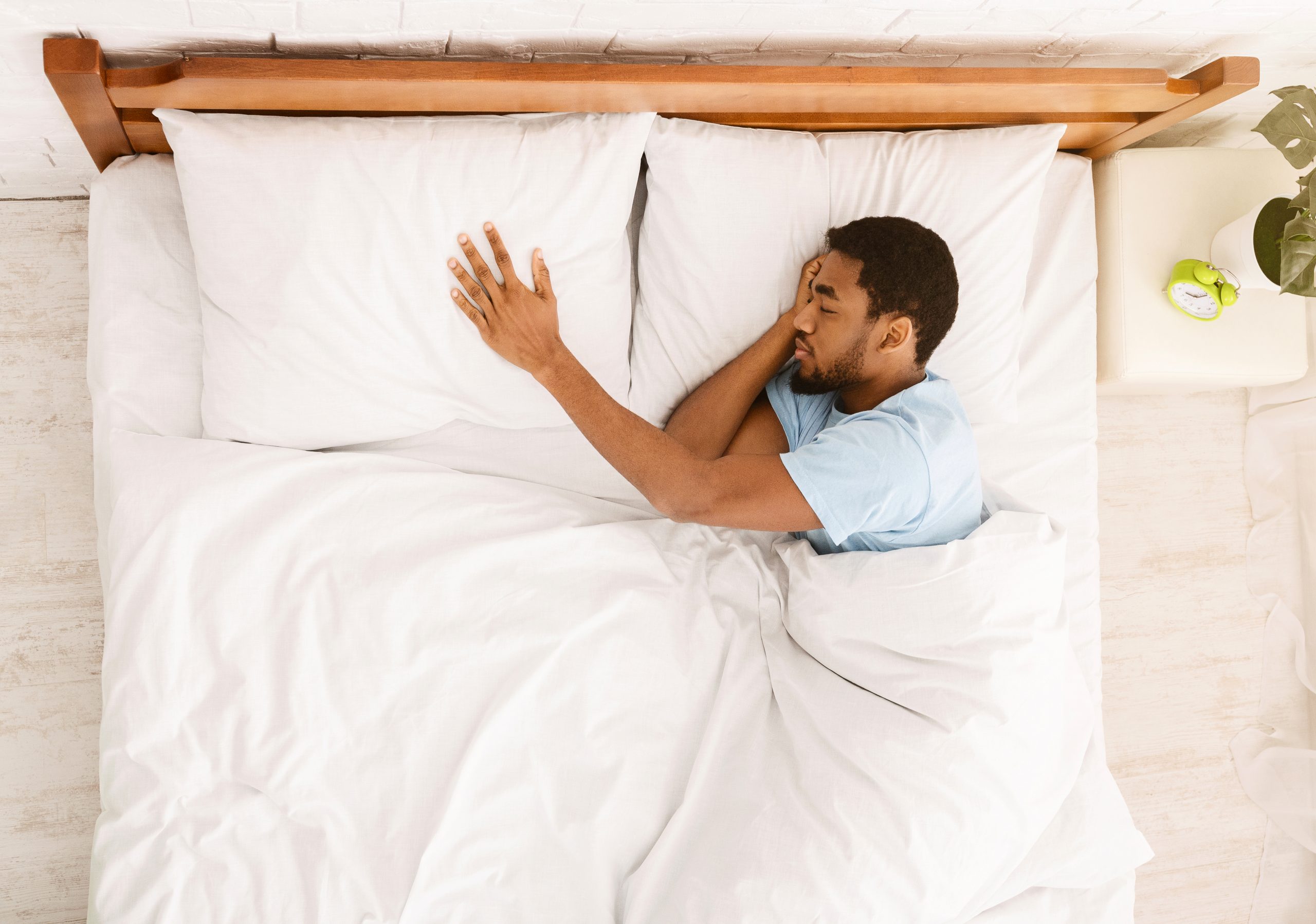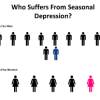- Empty cart.
- Continue Shopping
Understanding the Link Between Alcohol and Sleep Quality in Men

Alcohol consumption is often associated with relaxation and, for some, an aid to falling asleep. However, the relationship between alcohol and sleep quality is more complex than it may initially appear, particularly for men. While alcohol may help you drift off to sleep, it can also significantly impact the quality of that sleep. In this blog post, we’ll explore the link between alcohol and sleep quality in men, drawing on scientific research and expert opinions.
The Initial Sedative Effect
The Quick Fix
Many people, including men, turn to alcohol as a quick way to induce sleep. Alcohol is a central nervous system depressant, which means it can help you feel relaxed and drowsy. Initially, alcohol can reduce the time it takes to fall asleep, which may make it seem like a useful sleep aid.
The Catch
However, this initial sedative effect is often misleading. While alcohol may help you fall asleep faster, it can disrupt your sleep cycle, leading to poor sleep quality. The sedative effects wear off as your body metabolizes the alcohol, often leading to fragmented sleep and early waking.
Impact on Sleep Architecture
REM Sleep Disruption
One of the most significant ways alcohol affects sleep quality is by altering sleep architecture, particularly the rapid eye movement (REM) stage of sleep. REM sleep is crucial for cognitive functions like memory and emotional regulation. Alcohol consumption can suppress REM sleep, leading to less restorative sleep and impaired cognitive function the next day.
Sleep Apnea and Snoring
Alcohol relaxes the muscles in your throat, which can exacerbate symptoms of sleep apnea and snoring. This is especially concerning for men, who are more likely to suffer from sleep apnea than women. The result is a night of disrupted sleep, not just for the individual but potentially for their partner as well.
Long-Term Consequences
Insomnia and Dependency
Regular use of alcohol to induce sleep can lead to a vicious cycle of dependency. Over time, your body may become reliant on alcohol to fall asleep, contributing to insomnia and other sleep disorders.
Health Risks
Chronic poor sleep quality is associated with a range of health issues, including cardiovascular disease, obesity, and mental health disorders. For men, who are already at higher risk for certain conditions like heart disease, the impact of alcohol-induced poor sleep can be particularly detrimental.
Recommendations and Alternatives
Moderation and Timing
If you choose to consume alcohol, moderation is key. The Centers for Disease Control and Prevention (CDC) recommends no more than two drinks per day for men. Also, try to avoid alcohol close to bedtime to minimize its impact on sleep quality.
Non-Alcoholic Alternatives
Consider non-alcoholic alternatives like herbal teas or warm milk, which can have a calming effect without the sleep-disrupting consequences of alcohol.
Conclusion
While alcohol may seem like an effective way to fall asleep, its impact on sleep quality, particularly for men, can be significant and detrimental in the long run. Understanding the link between alcohol and sleep can help you make informed choices for better sleep and overall health. If you’re struggling with sleep issues, it’s advisable to consult a healthcare provider for a comprehensive treatment plan tailored to your needs.








